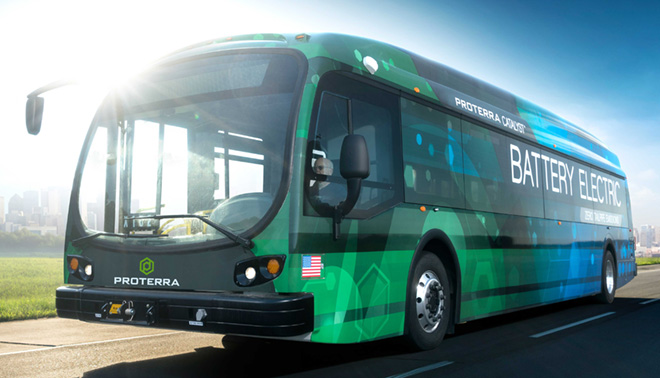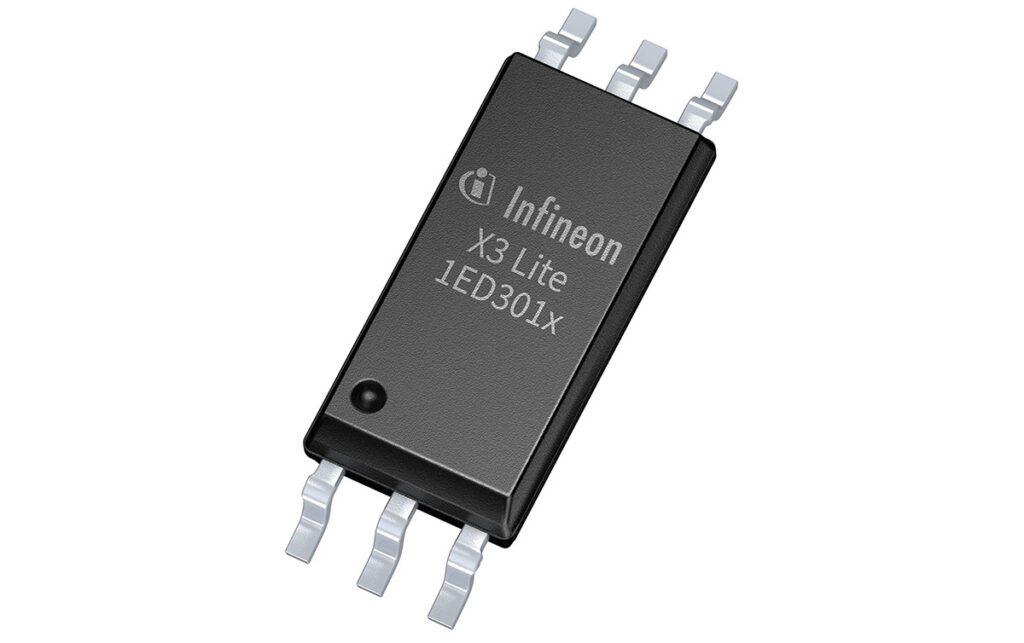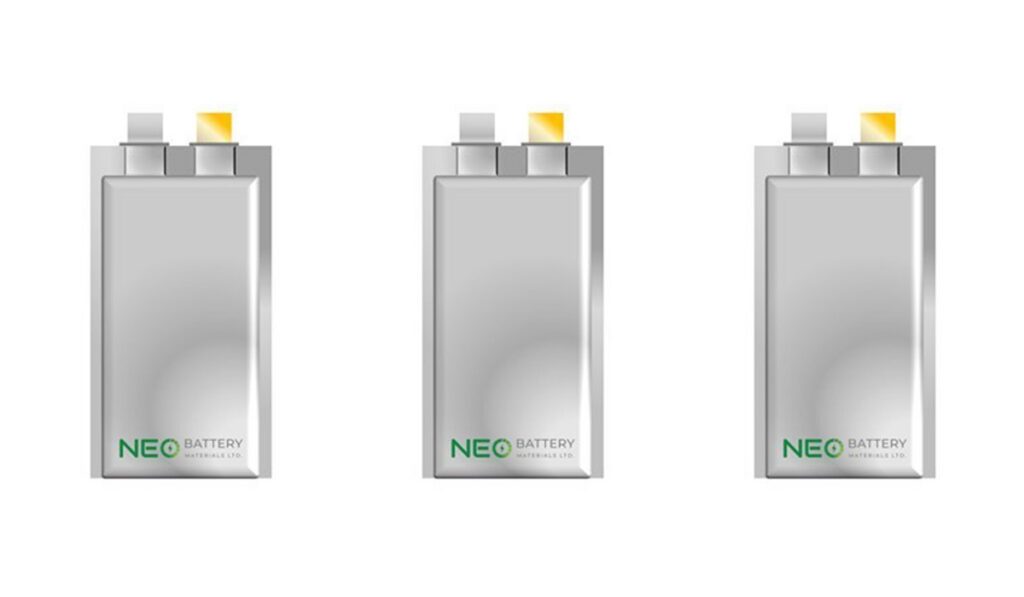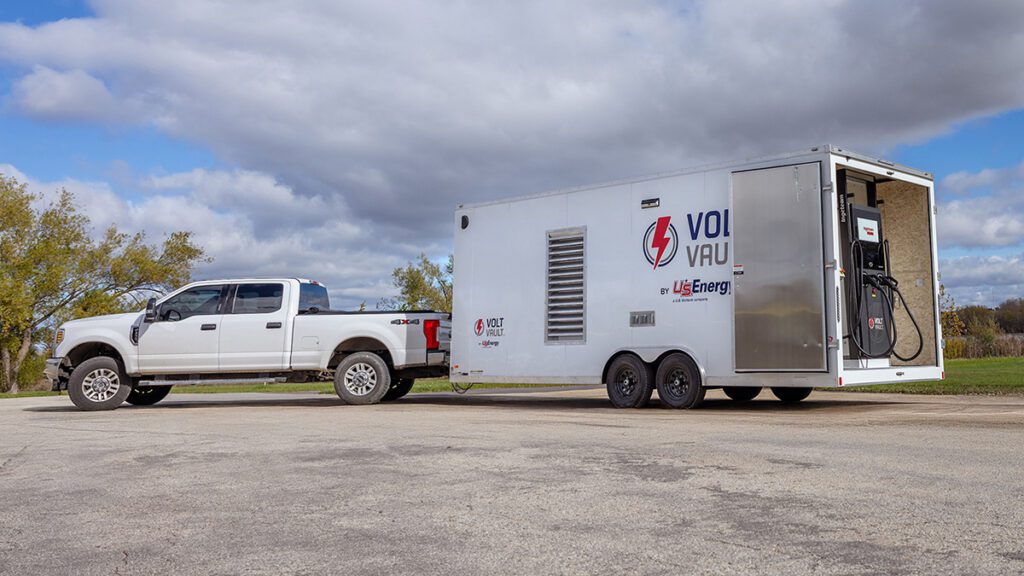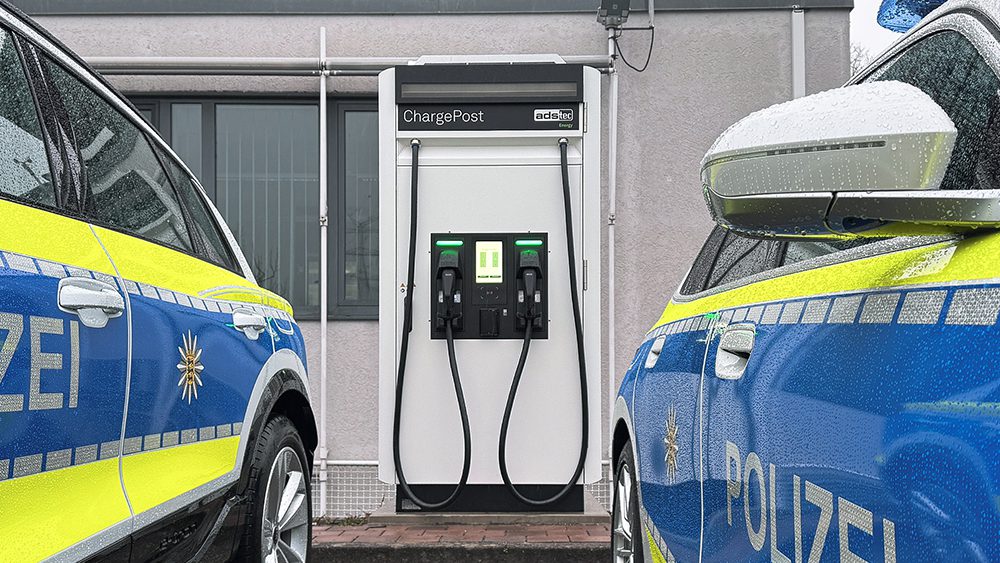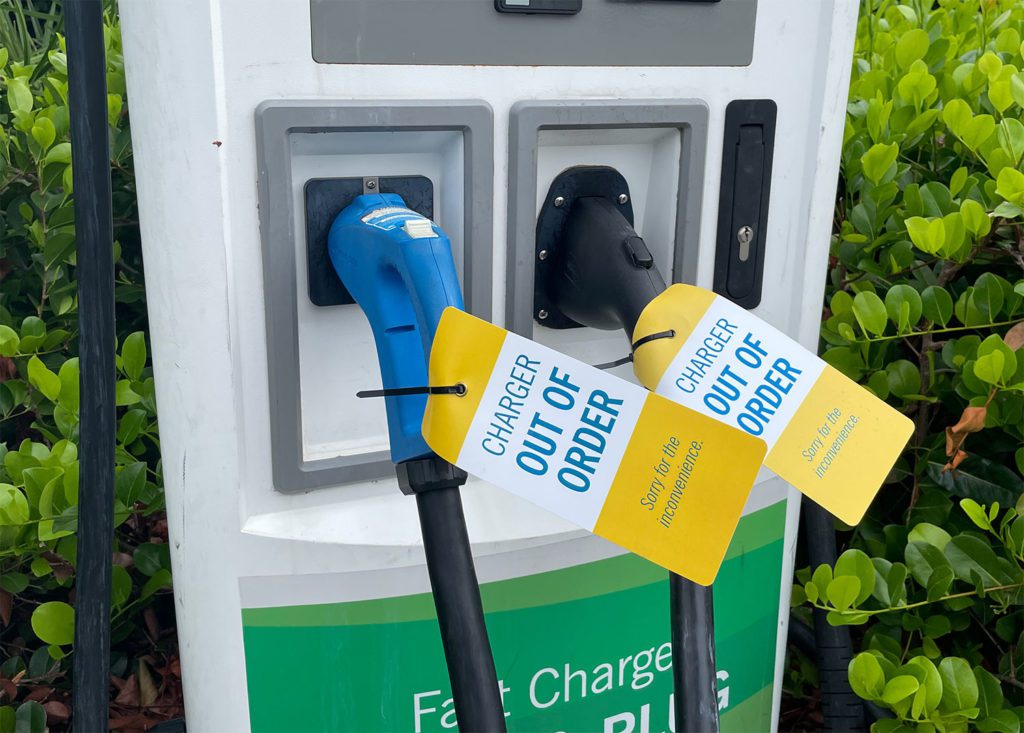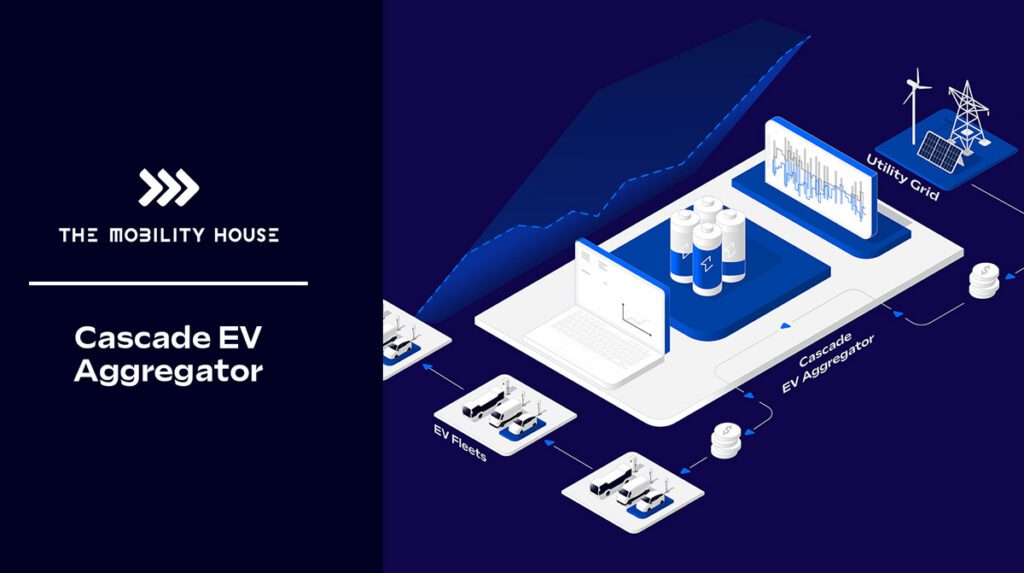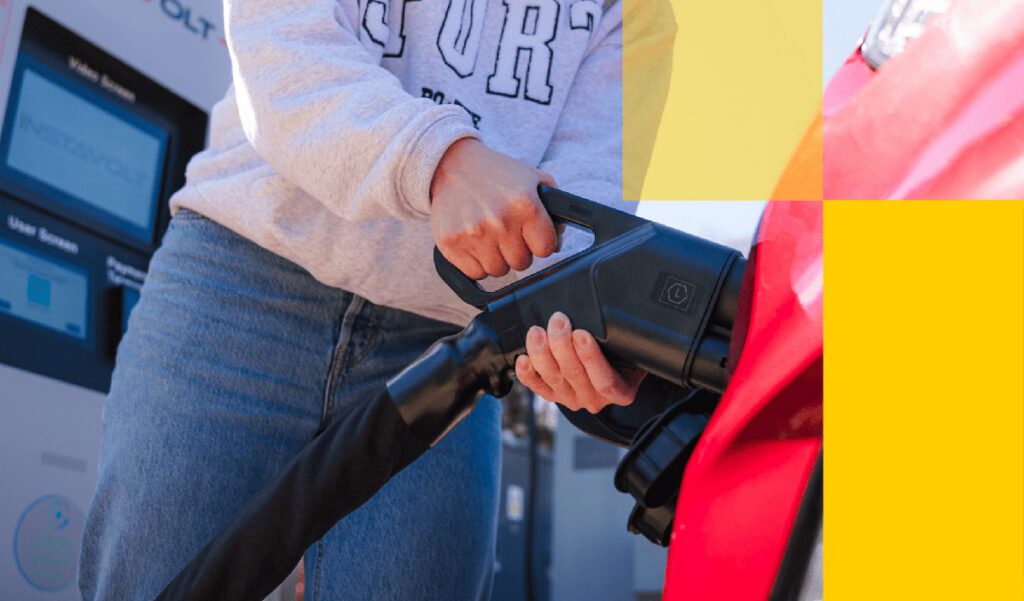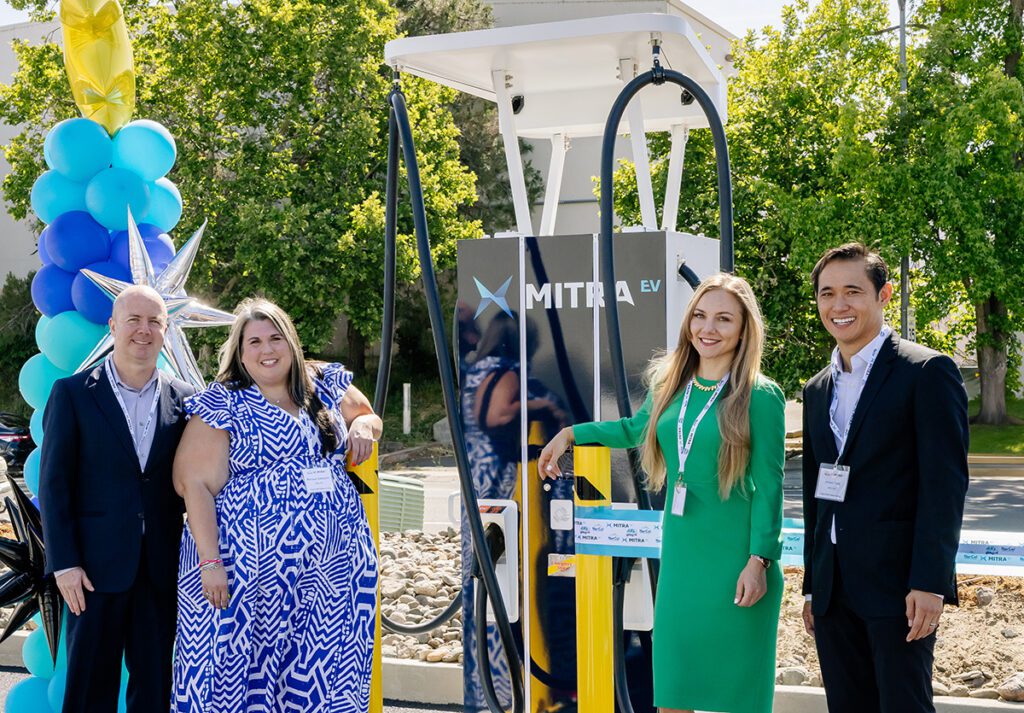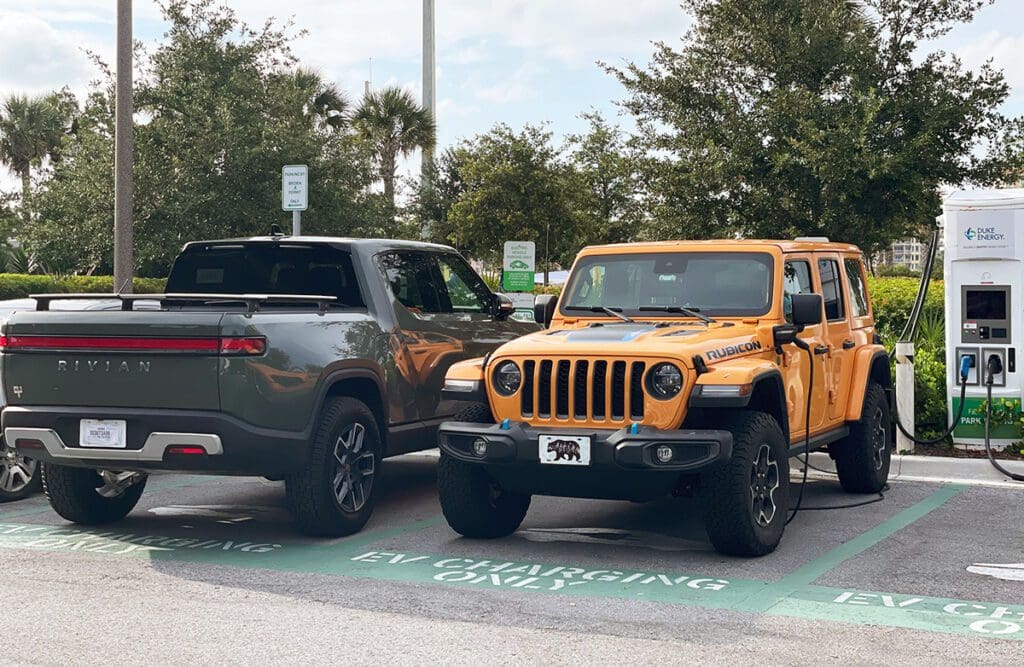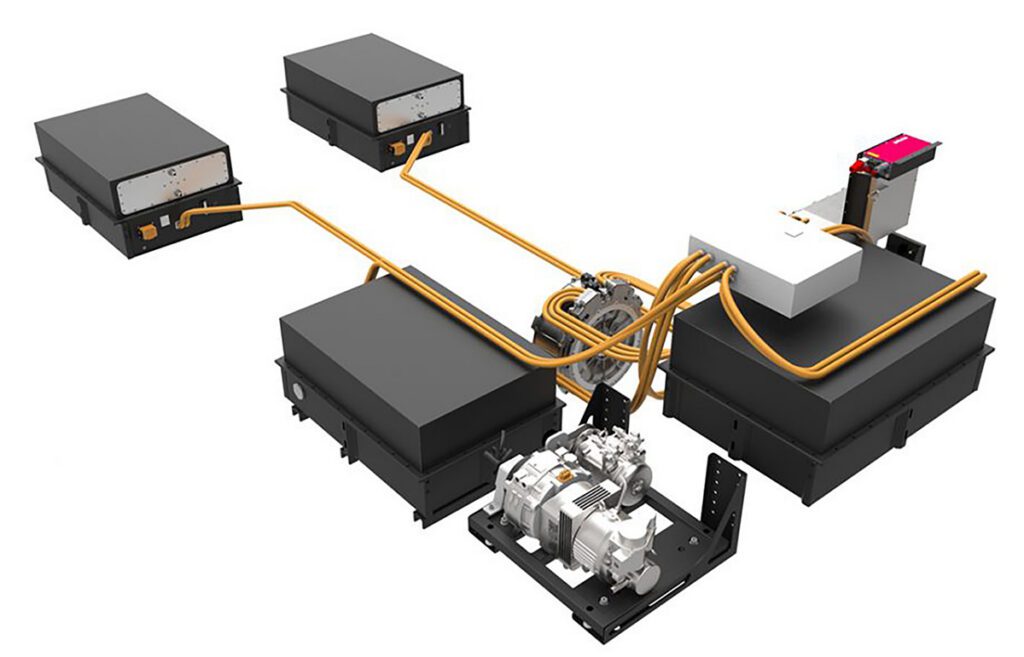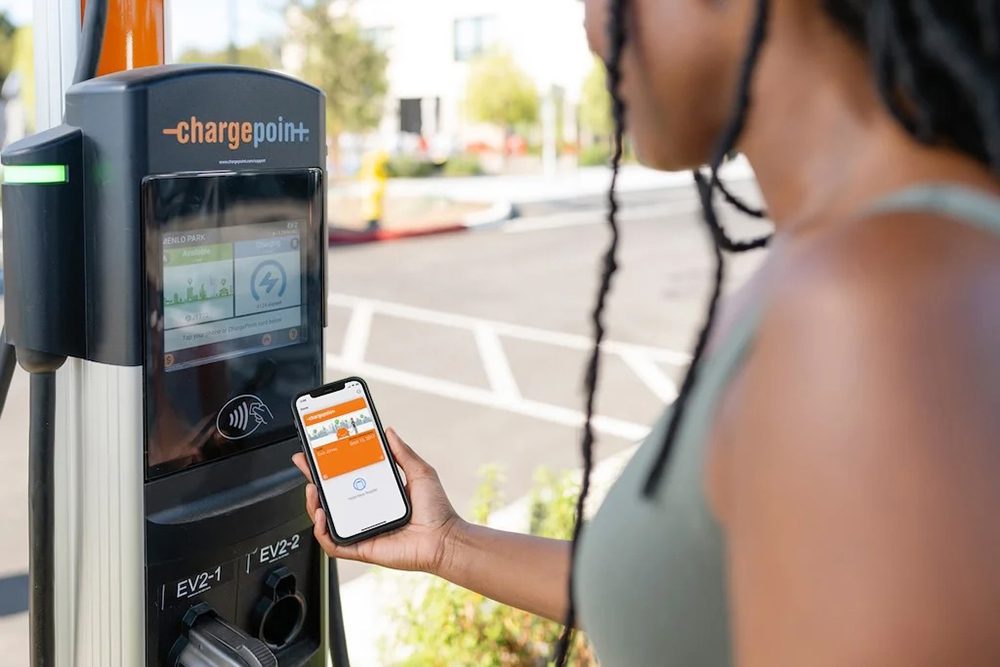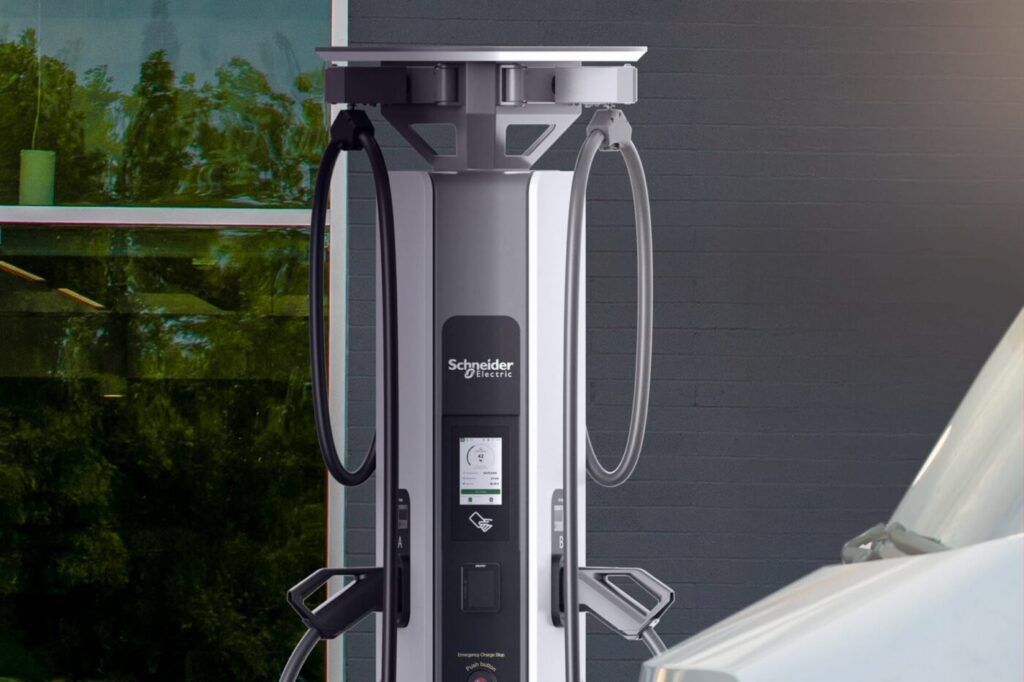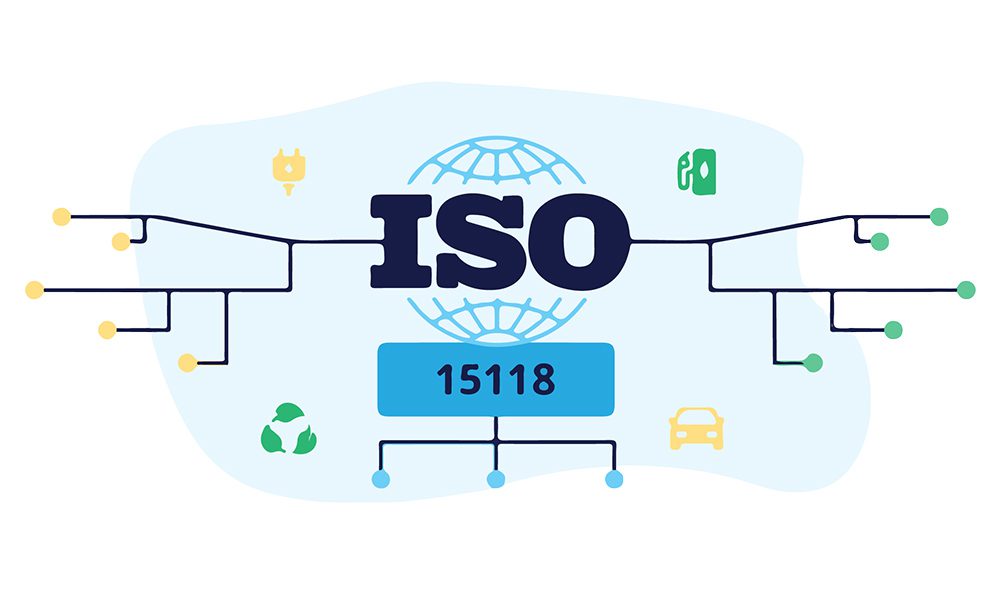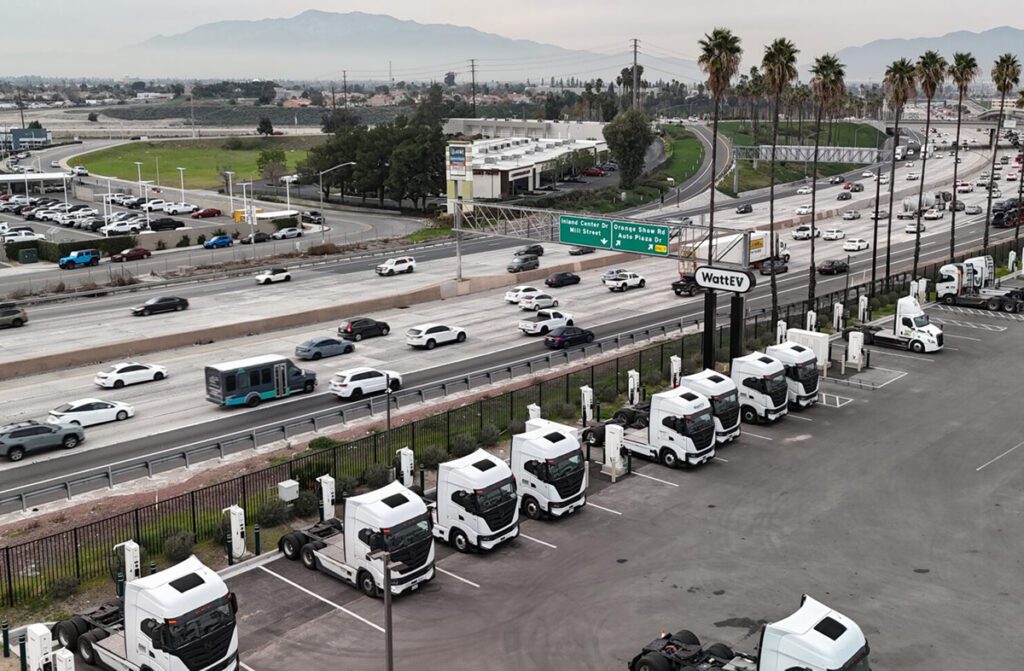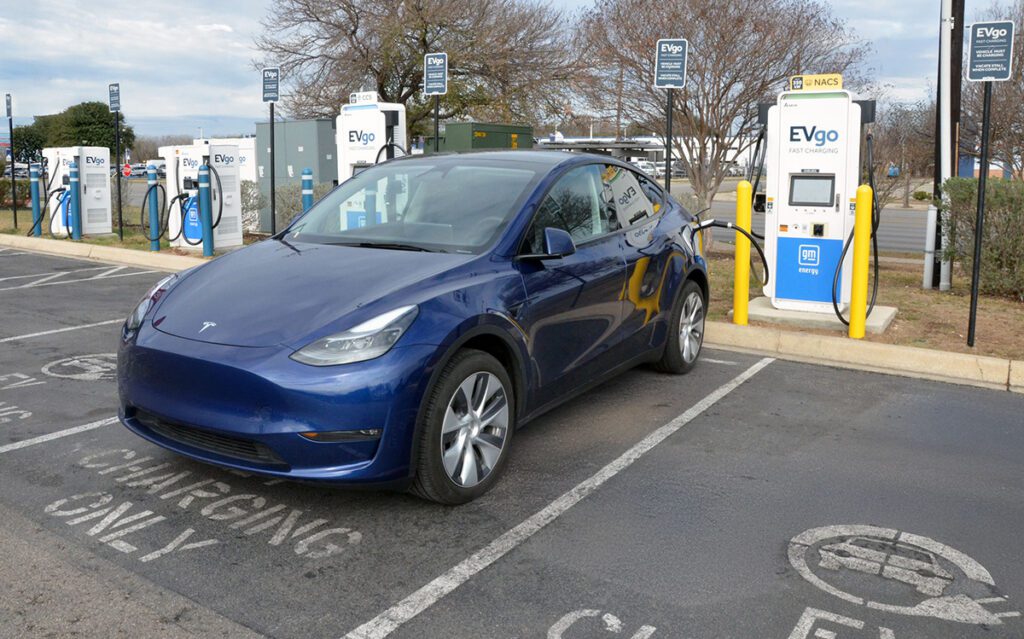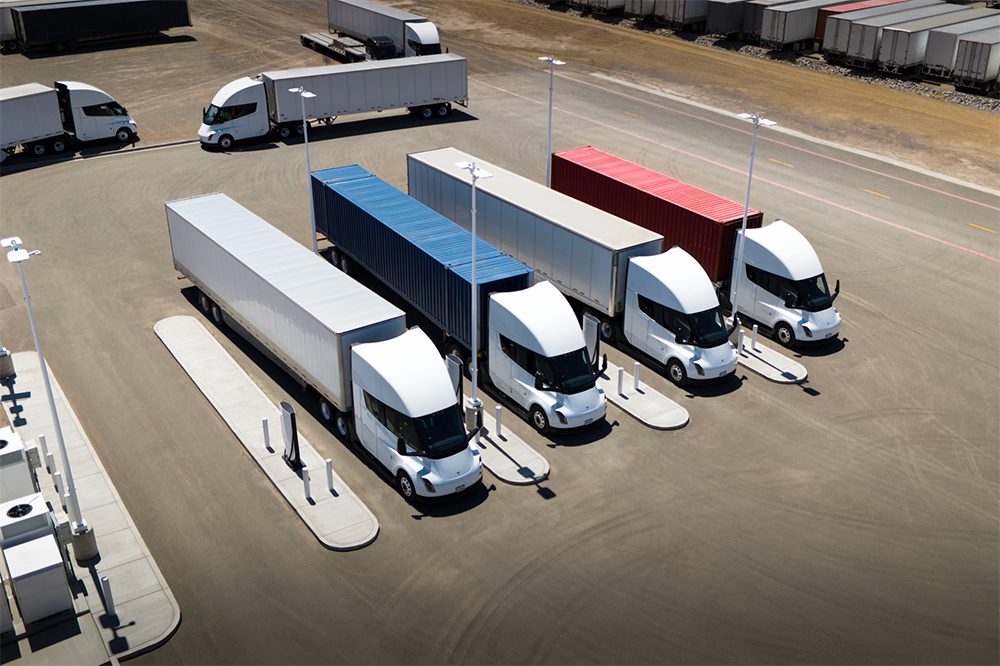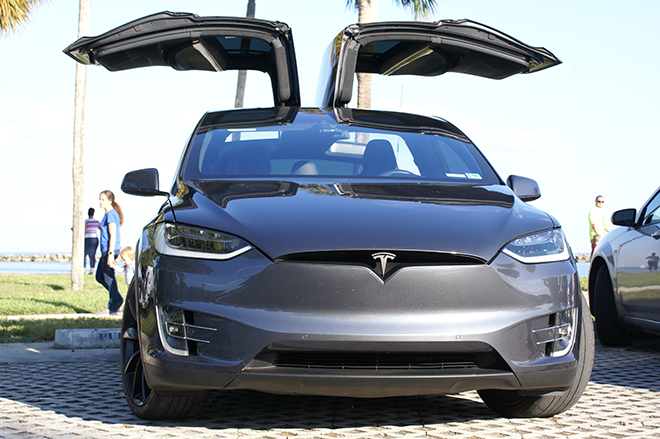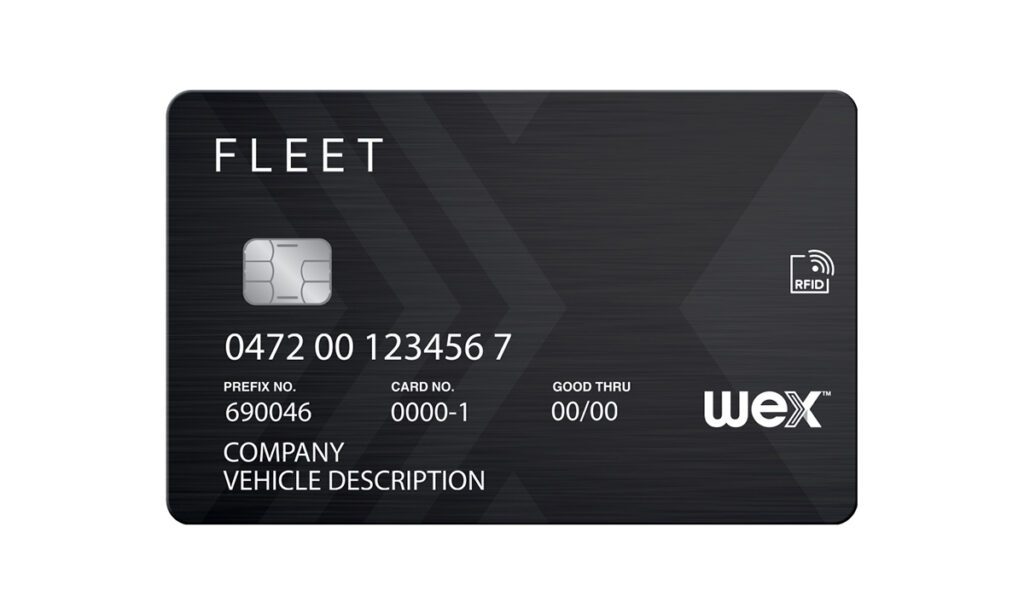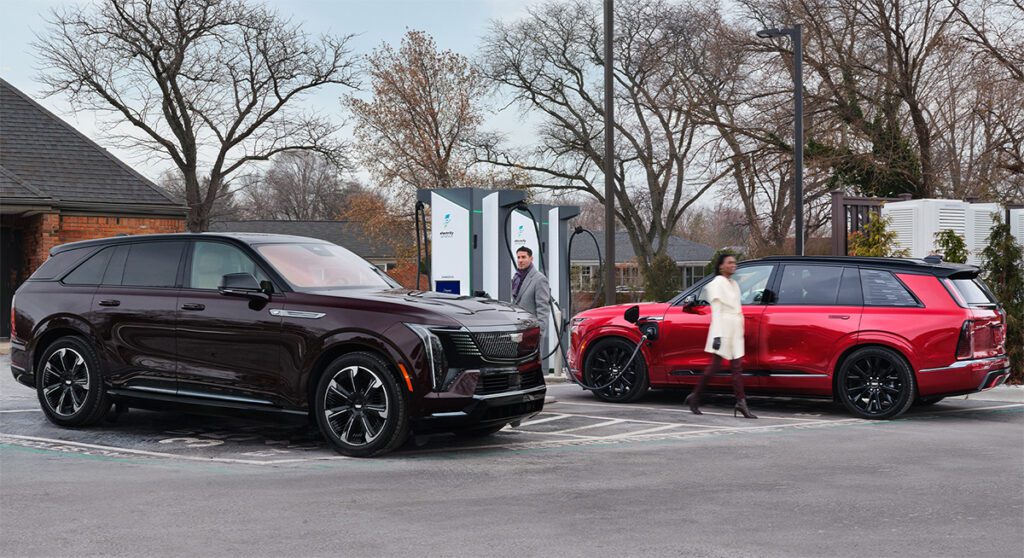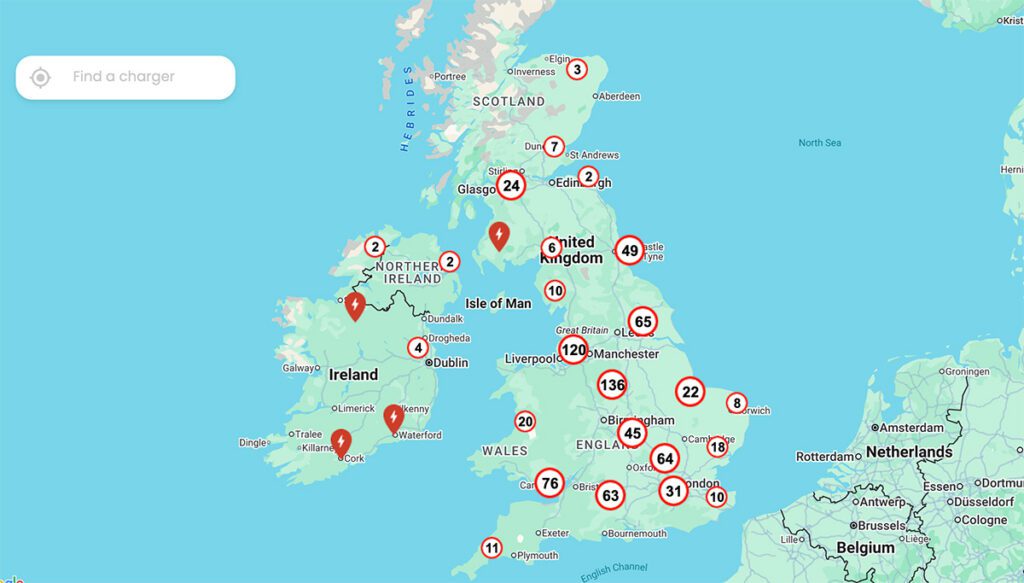If you talk to manufacturers of electric buses, such as Proterra and BYD, they’ll tell you that their lower fuel and maintenance costs make them a no-brainer for transit agencies. However, a new report jointly released by the Financing Sustainable Cities Initiative and Bloomberg New Energy Finance paints a more cautiously optimistic picture.
According to Electric Buses in Cities: Driving Towards Cleaner Air, the upfront costs of e-buses will remain higher for some years, but they are rapidly becoming cheaper than legacy diesel buses on a total cost basis.
The new report provides an overview of the electric bus sector and recommendations for how cities can best deploy them. Key findings include:
- Electric buses still cost more upfront than equivalent diesel buses. An analysis of battery cost curves indicates that unsubsidized cost parity will be reached around 2030. By then, the battery pack in the average e-bus should account for around 8 percent of the total price, compared to 26 percent in 2016. If demand increases, battery prices could come down even faster, bringing electric buses to upfront cost parity by the mid-2020s.
- In some cases, electric buses are already a cheaper option on a total cost of ownership (TCO) basis. A typical bus with a 250 kWh battery operating around 166 km/day has a TCO of around $0.99/km, lower than diesel ($1.05/km) or CNG ($1.19/km). The TCO of an electric bus improves with increased annual mileage.
- Falling battery prices will make electric buses fully cost competitive on a TCO basis in almost all configurations within 2-3 years.
Source: Financing Sustainable Cities Initiative, Bloomberg New Energy Finance




